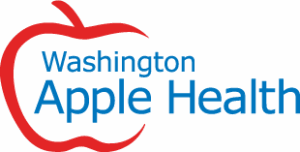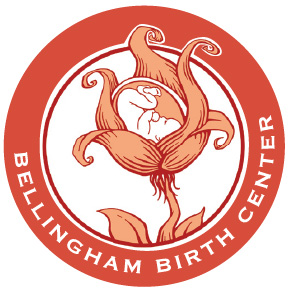Frequently Asked Questions
About Birth with a Licensed Midwife at Bellingham Birth Center

Can I Switch to a Midwife Part Way Through My Pregnancy?
Absolutely!! Lots of people realize part way through pregnancy that they want something different, something more personal and special. People are finding that they want to actually know the person who will be catching their baby, finding that they want more control over what they can eat, drink or wear in labor, how they position their own bodies during labor and for birth. Many families want to preserve the intimacy of the hours after birth so that those moments can unfold as they may imagine, not rushed or dictated by protocol. Licensed midwives offer a unique type of care that allows for these features. All the licensed midwives privileged at our birth center offer free consultation visits where curious clients can meet them and ask questions about their practice philosophy and experience.
Why Would I Choose a Birth Center Birth Instead of a Hospital Birth?
In addition to such options as giant birth tubs in each room, comfy surroundings and the freedom to move, many people find it important to know who will be with them when they give birth. When you’re in labor is not the time to be meeting new people and answering intake questions. It’s just really nice to have close, comfortable relationships with the people who will walk along side you as you labor. Midwifery care is all about the bond between the client and the midwife, and many midwives have observed that the process of birth works best when women are surrounded by people they love and trust.
Birth center birth is characterized by an absolute freedom of movement, where you can find the position that works best for you in the moment, be that on your hands & knees, standing, walking, dangling in a birth sling, leaning on a giant birth ball, sitting on a birth stool, relaxing in a birth tub, or reclining in a queen-size bed. Why do you think there is a bumper sticker that says “Midwives Do It In Any Position”?! The midwife quietly monitors your and your baby’s health without disturbing you and intervenes only when necessary, allowing you to find your own rhythm without disruption. Many are reassured by the fact that medical inductions are never done at our birth center, and we consistently find that our cesarean rate is between 3% and 5%. People having “high-risk” pregnancies benefit greatly from being in a hospital setting, and those having “low-risk” pregnancies benefit greatly from being in a free-standing birth center with licensed midwives.

What Are The Options For Pain Relief at Bellingham Birth Center?
In addition to having access to a roomy tub, a queen sized bed, and the freedom to move, Bellingham Birth Center offers nitrous oxide. Also called “laughing gas,” nitrous oxide has most often been used in dental offices in the USA, but has been used to help women manage pain during childbirth in many other countries for decades. Nitrous oxide takes effect within seconds and creates a brief feeling of euphoria, which can help women relax through the intense sensations of labor. The woman is in complete control: she holds the mask to her own face, breathing in as deeply as she wants, and then lets go when the moment of intensity has passed. There are no needles, no extra monitoring or restrictions on movement. Most importantly, there are no risks to the baby, as the gas is cleared from the body in a breath or two. For more information READ MORE.
Is Bellingham Birth Center Covered by My Health Insurance?
Almost certainly, yes! But feel free to confirm benefits by contacting our medical biller, Ingrid Skjelstad at (360) 632-4435 or islandbilling@gmail.com. If you are seeking specific information about your health insurance and an estimate of costs associated with Bellingham Birth Center, you can go to the following website and enter your information: https://www.islandbillingseattle.com/estimates
Bellingham Birth Center has contracts with:
- Aetna
- Apple Health (DSHS)
- Christian Health Ministries
- Cigna
- Community Health Network of Washington
- Community Health Plan of Washington
- First Choice Health Network
- HMA
- Kaiser Permanente
- Lifewise
- Medishare
- Molina
- Premera
- Regence
- Samaritan Ministries
- Uniform Medical Plan
- United Healthcare
If you don’t have insurance, it is worth checking if you qualify for Apple Health – almost half of pregnant families in Washington qualify. Here’s the link to check coverage.
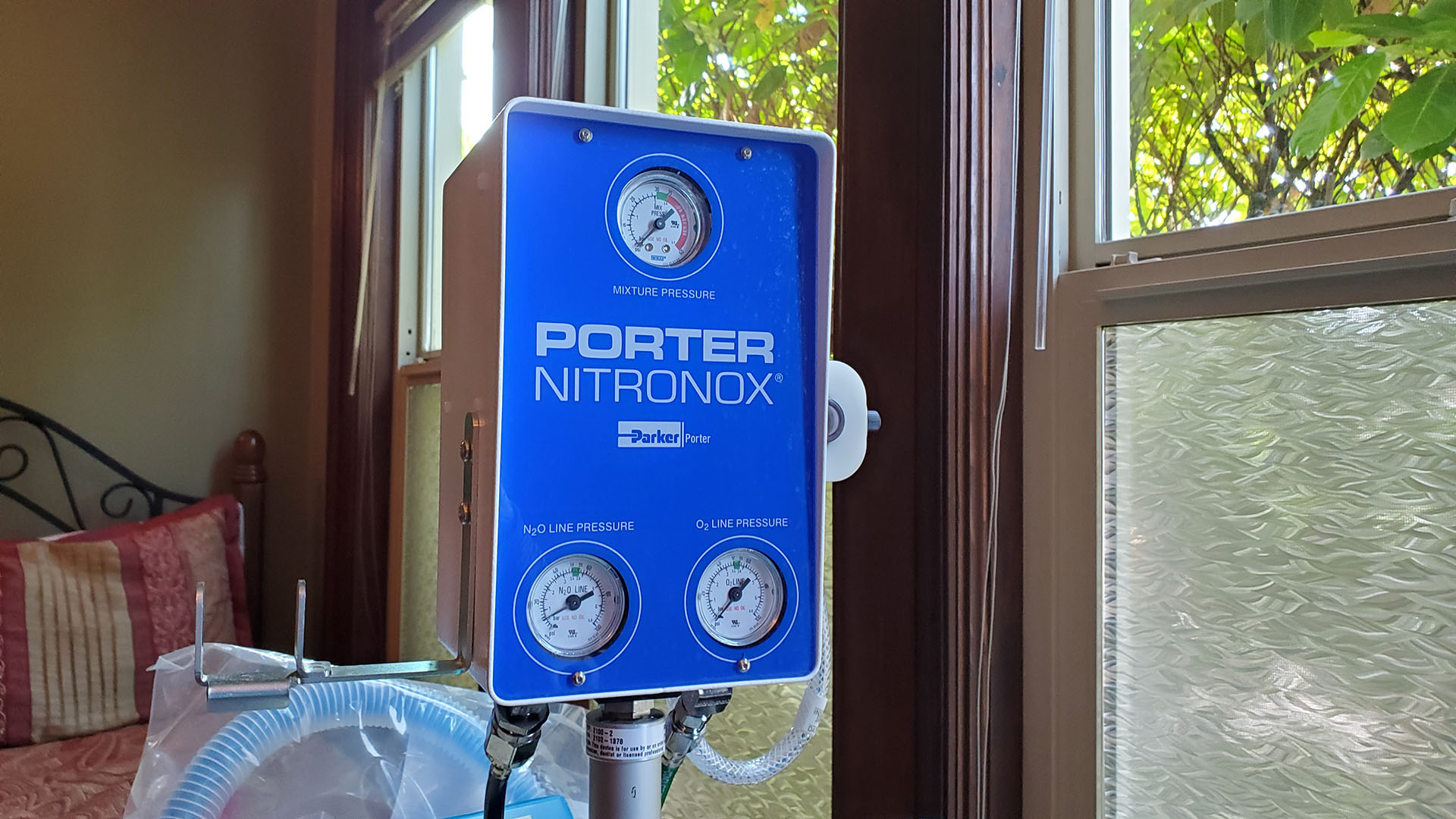
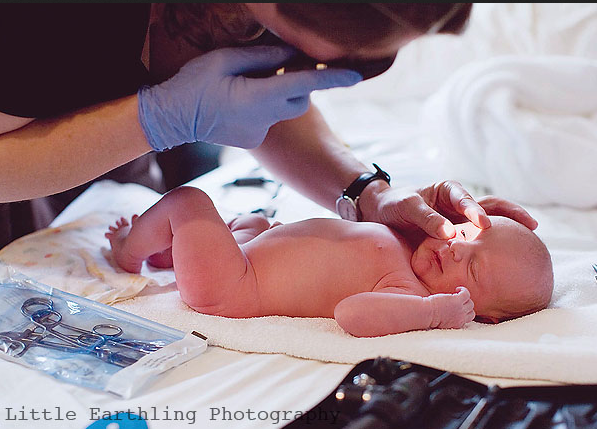
Who is Eligible to Have a Bellingham Birth Center Birth?
Any woman wanting an unmedicated childbirth who has a straightforward medical history, and who is having a “low-risk” pregnancy can have their baby with us. We cannot work with women who have had a cesarean in the past, or who are pregnant with twins. We can work with women who have a variety of controlled medical conditions, such as hypothyroidism, diet-controlled gestational diabetes, and we can work with women of any age. The best approach is either to call or email the birth center directly or talk with your midwife about your particular situation to see if midwifery care and birth center birth is right for you.

Is it Safe to Have a Baby Outside The Hospital?
Many well designed, peer-reviewed studies have demonstrated that care with a licensed midwife has equivalent outcomes as hospital-based care, as long as the midwife is caring only for women having “low-risk” pregnancies. Some examples of “high-risk” pregnancies include women carrying twins, babies coming feet or bum first (breech), preterm/postterm pregnancies, and women with an assortment of medical conditions that increase the likelihood of complications.
The following is the most recent and most relevant study – published in Obstetrics and Gynegology in 2021, the data set actually includes many births which occurred at Bellingham Birth Center, so the outcomes reflect the exact type of midwifery care which we provide. You can read the article HERE
“The safety and effectiveness of birth center care have been demonstrated…” We are quoting a study published in 2013 from the Journal of Midwifery & Women’s Health which looked at 15,574 planned birth center births in USA. This and many previous studies – collectively looking at thousands of births – all conclude that for healthy “low-risk” women, this is not only a safe, but a very satisfying and cost-effective way to give birth. (Stapleton, Osborne, Illuzzi. Outcomes of Care in Birth Centers: Demonstration of a Durable Model. Journal of Midwifery and Women’s Health. 2013;58:3-14. 2013). Copies of this and other birth center related studies are available at Bellingham Birth Center. An annotated guide to the literature on out-of-hospital birth (be it home or birth center birth) can be found HERE.

Do I Also Have to See a Doctor During My Pregnancy if I Have a Midwife?
No, you do not. Licensed midwives are independent practitioners and offer all the routine blood work, ultrasounds, pre- and post-natal care as physicians, with the added benefit of longer office visits which result in more time and attention being focused on your transition into parenthood. You also do not need a referral to see a licensed midwife, as long as your midwife is contracted with your health plan. For your baby’s ongoing care, we recommend having him or her seen by a pediatrician, family doctor or naturopathic physician within 2 weeks of your baby’s birth. That doctor will provide well-child checkups for your baby.
Can Midwives File Birth Certificates?
Licensed midwives routinely file birth certificates and obtain social security numbers through the Washington State Department of Health. We also offer all the routine newborn screening options such as metabolic screening, heart defect screening, and hearing screening.

Who Can Be Here With Me During Labor?
It is a key feature of midwifery care that clients are free to choose the company of friends and family. We have no rules about visiting hours, numbers of visitors, or ages of children allowed. Our comfortable waiting room and kitchenette allow visitors to feel at home here.
How Long Do We Stay After The Birth of Our Baby?
Typically, families are ready to go home for a good sleep in their own beds around 3 hours postpartum. Midwives are very protective of the first hour after birth, often called “The Golden Hour,” allowing the cord to finish pulsing before clamping it, and delaying any measuring or weighing of the baby until after breastfeeding has been established. This initial bonding period allows the family to savor the exquisite experience of falling in love with their new family member, undisturbed. The family spends time relaxing in bed together, showering off, or even taking a bath with their newborn. Before the family leaves, the newborn has breastfeed, has had a head-to-toe exam, the midwife has gone over some “Postpartum Instructions” to prepare the family for the hours to come, and then the midwife follows up with them with phone calls and a home visit in the next day or two, continuing an individualized care schedule through 6 weeks postpartum.

What If Something Goes Wrong During Labor?
Your midwife is in attendance throughout active labor, and in most cases will notice a complication developing well before the situation becomes urgent. Our birth center provides oxygen and resuscitation equipment for newborns who need help with breathing, several medications to treat postpartum bleeding (pitocin, TXA, methergine and misoprostol), urinary catheters, IV fluids, suture equipment and local anesthetic for perineal/vaginal tears, and three rarely used emergency medications (epinephrine, magnesium sulfate, and terbutaline) that treat a variety of unlikely complications. If transfer to a hospital is necessary it is seldom an emergency, and most often the reason is a prolonged labor where all progress has ceased. In this event, the midwife calls and speaks to the obstetrician on-call at the hospital, and the laboring mother and her support team simply drive to the hospital, accompanied by their midwife. If it is a more urgent situation, an ambulance can be used, and transfer happens quickly.
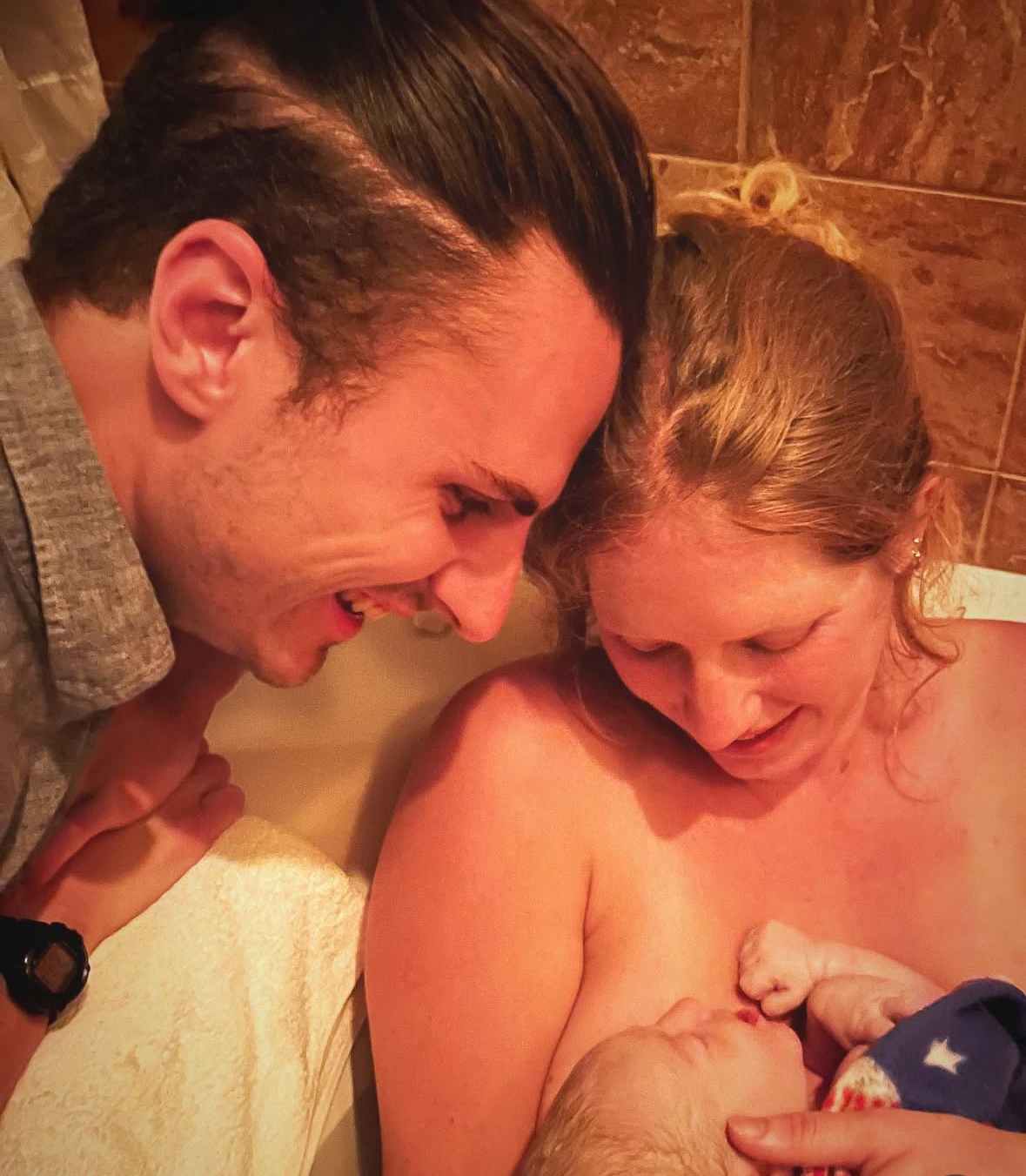
Bellingham Birth Center is Nearby
We are in an easy-to-find location and many of our clients take comfort in how close we are to a hospital. Bellingham Birth Center is also the longest-standing birth center in Whatcom or Skagit Counties, and the only birth center with 3 separate, fully-equipped birth suites, each complete with a big tub for labor and/or birth. CABC Accredited Birth Center since 2015.
2430 Cornwall Ave. Bellingham, WA 98225 | (360) 752-2229
CABC Accredited Birth Center since 2015.

Text
We accept most insurers including Apple Health And Christian Healthcare Ministries.
